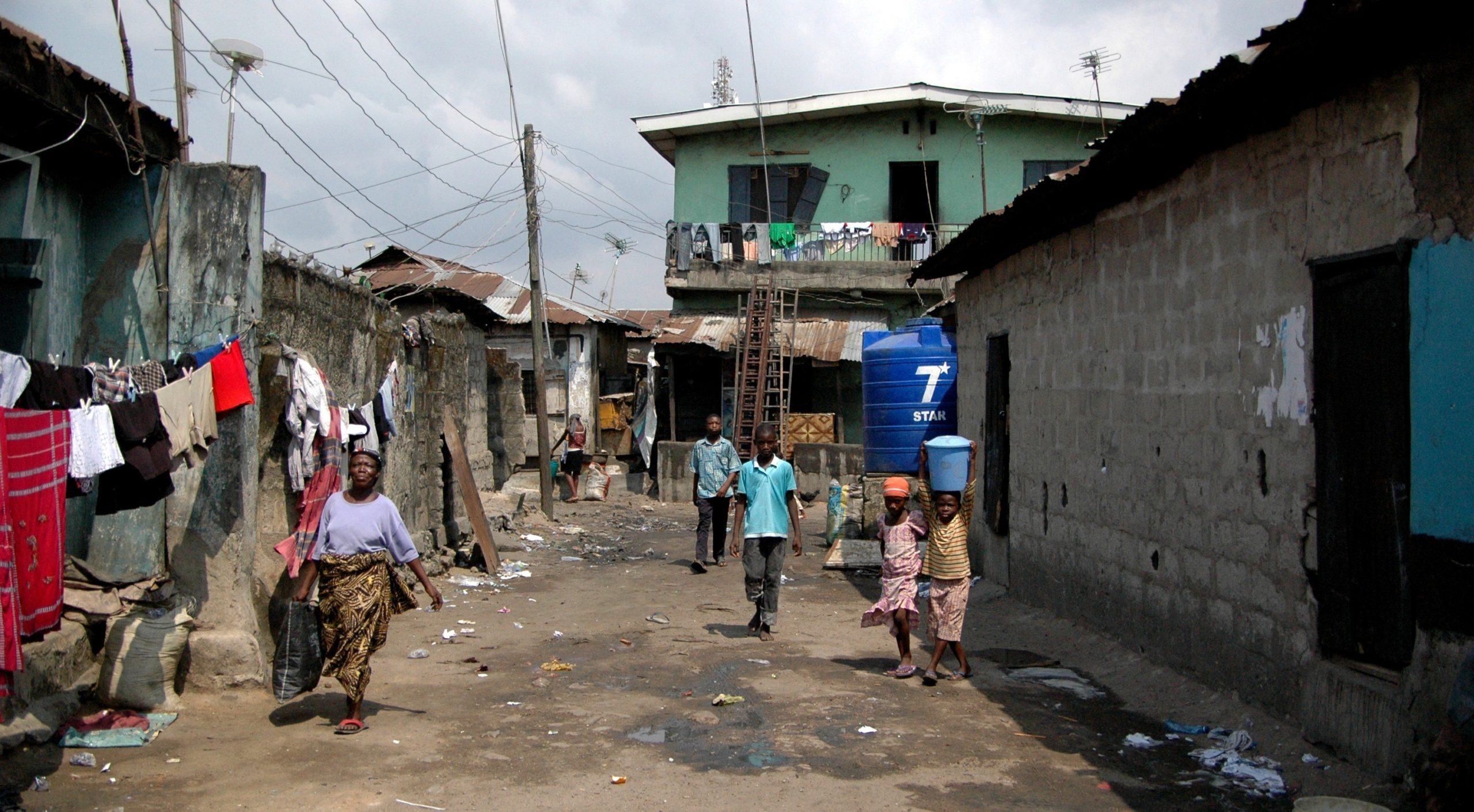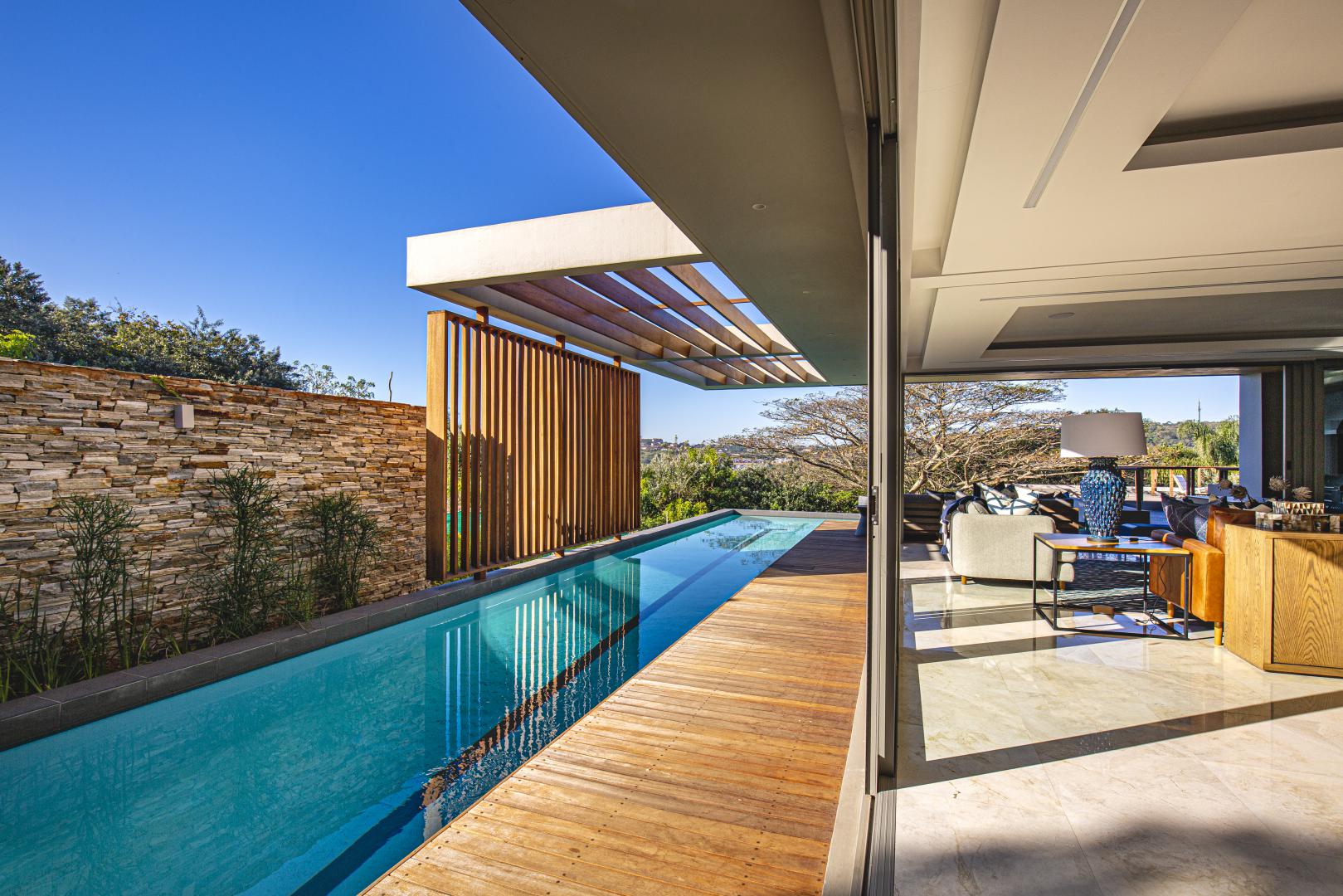In this insightful article, Victor Oladokun, a British-Nigerian journalist, broadcaster and communications consultant, sheds light on how the lack of affordable housing in Africa directly relates to the failing attempts at lock-downs and social distancing in the fight against COVID-19 on the continent.
Across Africa, affordable housing is in acute short supply. It is one of the reasons why lockdowns and social distancing during the COVID-19 pandemic are unimaginable and unsustainable.
The pandemic is therefore a time bomb waiting to explode in Africa’s most densely populated informal settlements. During this global lockdown, millions in the West will have the luxury of couch surfing through endless hours of Netflix or Tik Tok. But in Africa’s most congested and highly populated cities and slums, millions of families will be confined to less than 2 square meters of living space in unsanitary conditions. What is urgently needed is a radical re-think.
Ticking Time Bombs
Slums and inhumane living conditions have been permanent fixtures of Africa’s urban landscapes for decades. The rapid growth of informal settlement is the result of a combination of factors. Accelerated urbanization, policy flip flops, the absence of adequate planning and foresight, the lack of infrastructure, low income levels, and the desperation of tens of thousands who arrive daily in pursuit of an even more elusive golden fleece.
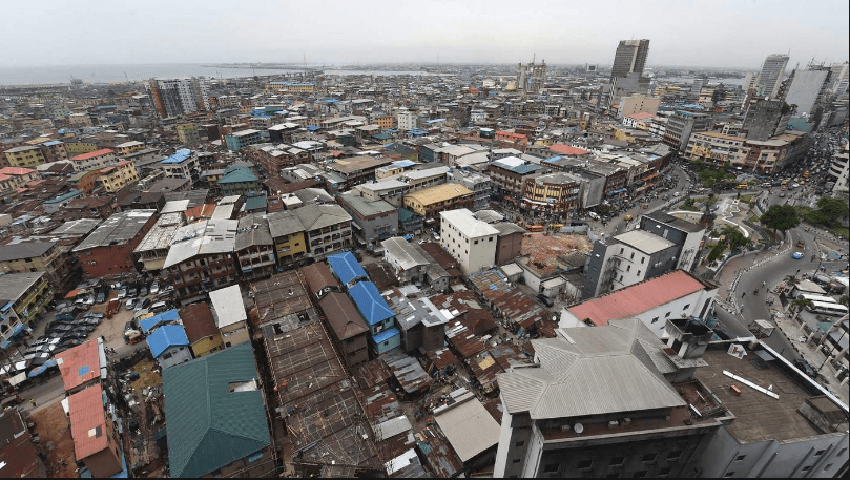
In these epicenters of misery, millions of Africans, stripped of their dignity, live in appalling make-shift conditions with no hope of decent lives, nor access to water, sanitation and other basic necessities. The social and economic aberration runs deep. The slums exist on the periphery of more opulent and upscale neighbourhoods.
With a combined population of almost 50 million people, three of Africa’s megacities, Lagos, Cairo, and Kinshasa, are the continent’s most densely populated. Major centres of commercial activity, they attract the lion’s share of their respective country’s domestic and foreign investment. This is where the jobs are. And so, each day, millions of Africans travel commute for hours on crowded buses with poor ventilation, in order to engage in manual labour that barely covers the cost of transportation.
Face Me – I Face You
In Nigeria, with a population of 180 million people, and where I spent my formative years, millions are aware of what is known as ‘Face me – I Face You’ dwellings. These are communal buildings with rooms that face one another divided only by a long corridor. In appalling cramped conditions, families occupy single rooms with shared toilet facilities and little or no access to water and sanitation.
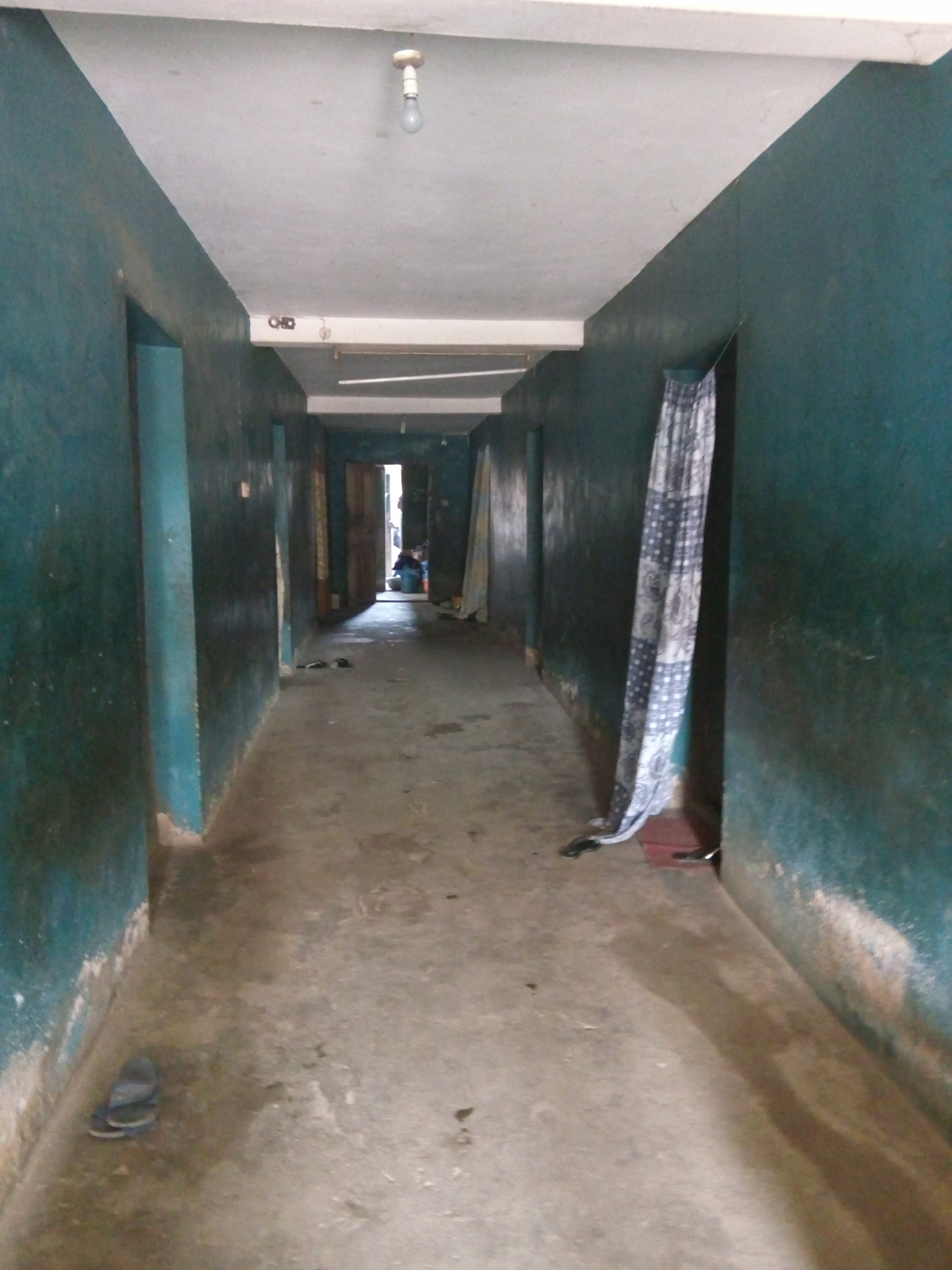
Yet, residents in these living-hells are a notch higher on the social pecking order, for want of a better expression. At a level lower are the millions of day labourers who pay the equivalent of 20 cents or less a night for the ‘privilege’ of laying their head for a few hours on a bare floor in a communal room with as many as 10-15 other grown men.
The short-term abodes are known as ‘Taan lese’ or better still ‘Ta lo le se.” Translated from the Yoruba language, this means “Who’s leg is it?” The phrase aptly describes the packed sardine-like conditions in which the occupants spend the ‘night’, literally toe to toe.
The social and economic aberration runs deep
They must rise early before dawn and make room for others who will occupy the same space during the day. For them and millions of ‘Face Me – I Face You’ slum dwellers, these inhumane living conditions are death traps, one way or the other.
This week, as the long-term impact of the lockdown began to take effect in some countries, groups of young hungry men broke into supermarkets and homes in search of food.
Given the restrictions Covid-19 imposes and the lurking dangers ahead, short- and long-term solutions are urgently needed to decongest thousands of slums, improve the lives of millions of poor families, and stop the transmission of this and other future pandemics.
Africa and it’s Diaspora are not lacking in skills, imagination, creativity or talent. What is required are resources, partnerships, and cutting the red tape of bureaucracy and corruption.
Decongesting Africa’s Slums
Here are a few viable solutions.
- The enactment of viable short-term emergency measures to house the most vulnerable during this pandemic, particularly the elderly, disabled, and those infected and recovering.
- Urgent engagement with public, private sector and non-governmental partners to address and resolve immediate challenges. Working in conjunction with the private sector the innovative Africa Investment Forum, USAID, DFID, Germany’s KfW, the Japan International Cooperation Agency (JAICA), and Agence Française de Développement’s Proparco, are all excellent platforms for crowding in resources for housing development, healthcare facilities, water and sanitation.
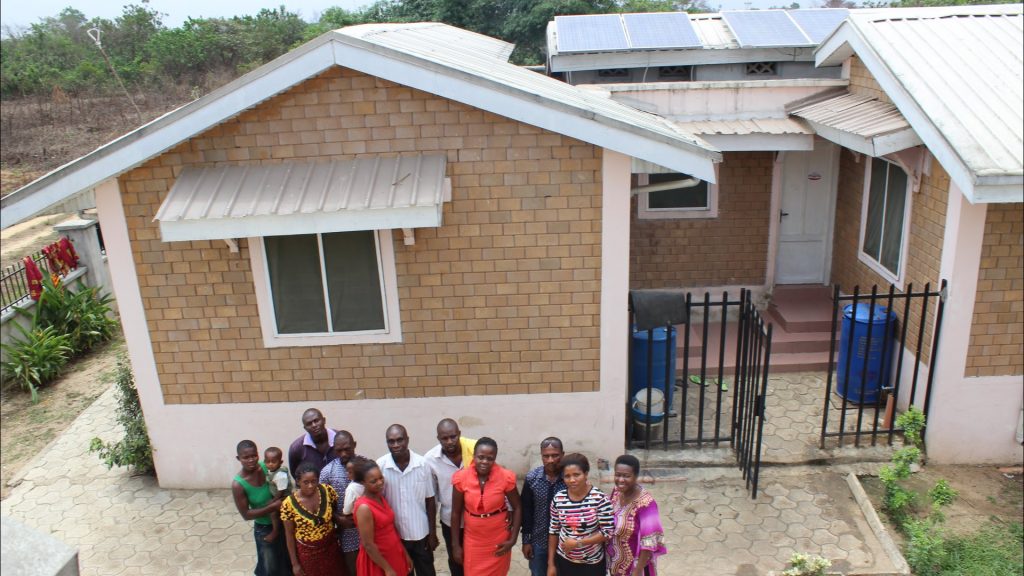
- Long-term plans including the conversion of low-level agricultural spaces and brown sites into residential areas. Also, the conversion of abandoned or under-utilised commercial buildings into housing units, will boost supplies.
- Increased public spending on affordable housing would provide millions living in marginal communities with either free or heavily subsidised housing, electricity and water.
- Incentives to attract private sector players into the housing construction business.
- Decongesting urban areas and decentralising development by moving some government ministries and industries across provinces or states.
- The promotion and creative use of sustainable materials to build affordable housing, instead of a primary reliance on steel and concrete.
- Removing policies, processes and practices, that get in the way of eradicating slums and rent seeking slumlords.
Waiting: An illusive luxury
For the benefit of all and in the face of a virus that does not respect geographical boundaries, Africa’s leaders must urgently, creatively and radically address the chronic shortage of housing, water and sanitation, as well as the distribution of free masks.
Ultimately, a re-arrangement of national space, a reimagining of dwellings, a boom in the construction of housing, and the use of sustainable building materials, will have ripple multiplier effects. It will create jobs, enhance skills, improve qualities of life, reinvigorate local economies and incentivise the private sector.
We risk losing whole populations who have no defence against a ravaging pandemic.
Waiting is an illusive luxury. Time has run out!
About the Author
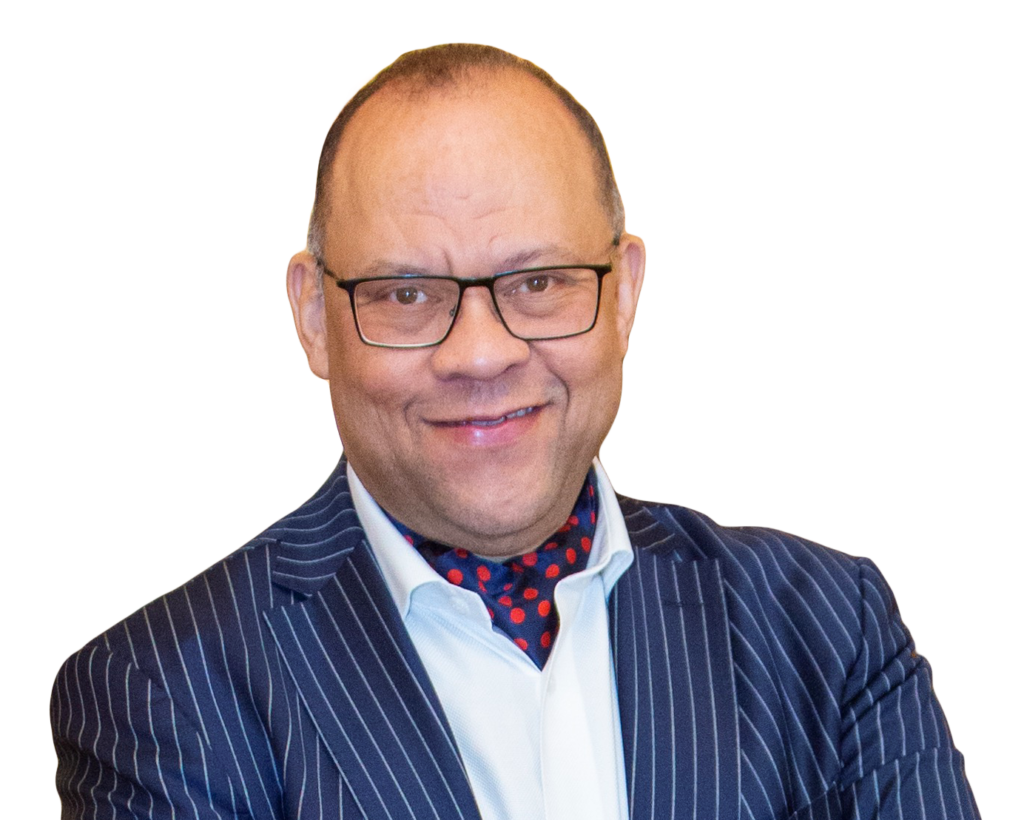
Victor Oladokun, is the former Director of Communication, African Development Bank Group and producer and host of the popular internationally acclaimed magazine program Turning point on the Christian Broadcasting Network CBN.



